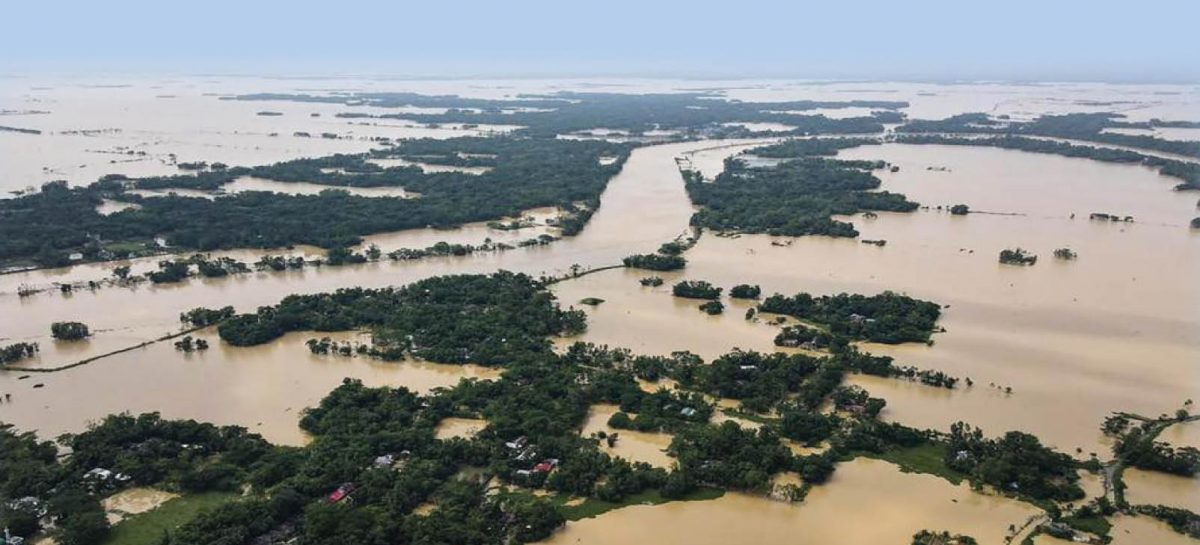Looking back at his childhood in Bangladesh, our member Mr B. Das recalls how he grew up constantly negotiating with nature: by making concessions and accepting its blessings.
I was born in Bangladesh at a time when it was part of a larger Bengal, which, as we know, was later partitioned. I spent my early days in the village of Bikrampur. Our school had provisions for students to study up to Class 2. For studies beyond that, the children had to attend a high school located 2.5 km away.
During the rainy season, which lasted nearly 3-4 months, the rivers would flood the land. Some parts would be submerged under 5 feet of water. Going to school at such a time proved to be quite a challenge, as we had to use boats to navigate through the flooded areas. Even after the rains subsided, we would travel the first 1.5 km by boat and then secure it by mooring it to a tree. We had to walk the remaining distance. Only when the floods receded after Durga Puja could we walk the entire way to school.
The lands surrounding our home were extremely fertile and ideal for agriculture. The top layer of soil was like jelly—there were no stones, and it was rich in alluvial deposits, enabling abundant crop growth. Back then, the rains were more plentiful, contributing to the soil’s fertility. Farmers could harvest crops three times a year. Two varieties of rice were sown simultaneously, though they did not ripen together. A third crop was planted later. This cycle ensured a continuous yield throughout the year.
Despite the eagerness of girls and women to pursue education, there were no facilities available for them in the village. Even when a girls’ school was eventually founded, the rainy season posed significant challenges. Cities like Dhaka and Narayanganj offered better educational opportunities for both boys and girls. For higher education, especially in fields like engineering, many of us moved to larger cities, living in hostels to pursue our studies.
Those were challenging times, but we were not lacking in determination and resilience. Even though we did not have the amenities considered basic today, we lived in harmony with nature. We reaped its bounty and overcame the obstacles it presented with smiles on our faces.
(As narrated to Support Elders by our member)
Categories
??????? ?? ?? ????? ???????

